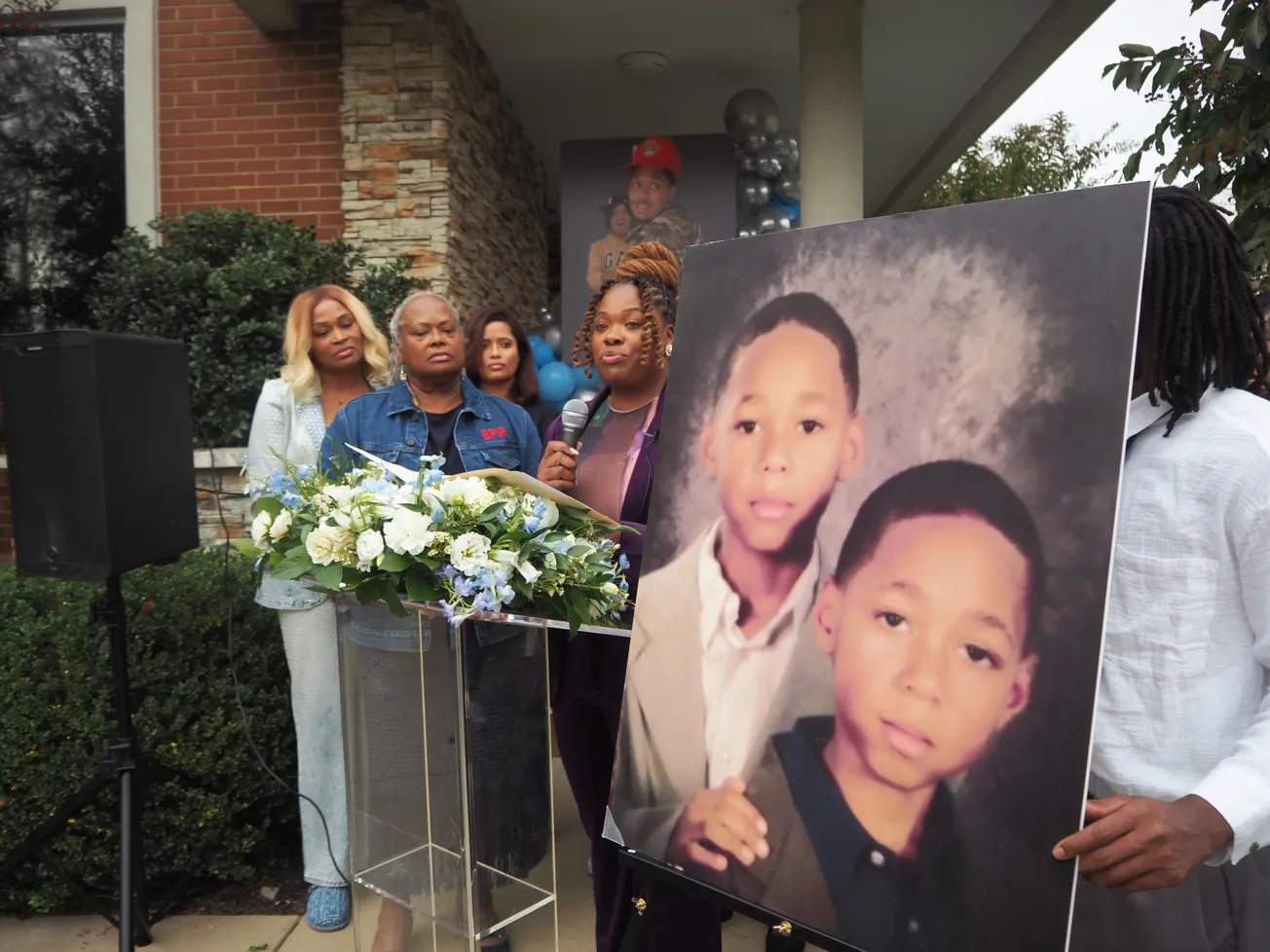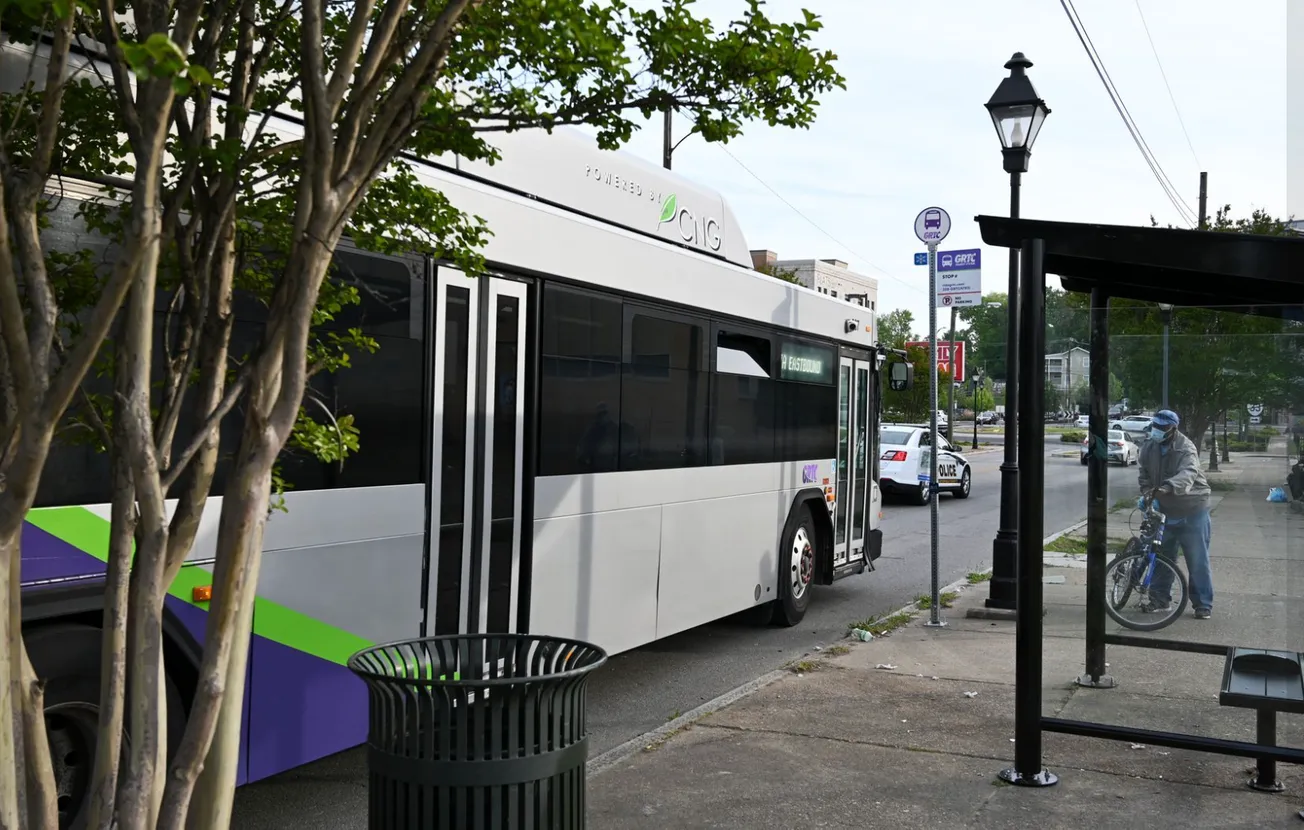Trinity Care grand opening turns a family’s fatal addiction battle into critical health services in Henrico and beyond
The Nov. 15 grand opening and naming ceremony for Trinity Care’s Taj & Najee Callender Crisis Receiving Center, marks a new site in Henrico for critical addiction and behavioral health care.





